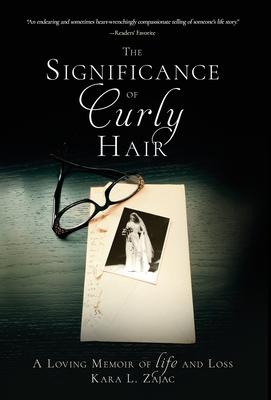Growing up, Gram was my best friend. We shared a double bed in my family's cottage until I was nine. Fifteen years later, I got the call that she'd fallen and hit her head. All I could see was her mouthing, "Don't you love me enough to come back home?" I wept on the plane as I began to write her story, the one she'd asked me to write in ninth grade.
Gram and I were polar opposites. She spent much of her life barefoot and pregnant. I was a gay, career-driven, independent decision-maker.
Searching through old relics, we found a time capsule in Gram's drawer, revealing clues to her dark era, her 1957 breakdown. Dark green pills, a bank book, scribbles on an envelope: answers to unasked questions. She survived stress and abuse without things I take for granted: income, a car, stocked pantry shelves. She did it all with unconditional love, never revealing her pain.
I'd spent my adult life avoiding becoming a "traditional" woman, but her death freed something in me. I realized the importance of child-rearing, understanding a woman like me can balance career and family. Love and support create happy, healthy kids. I could pass Gram's spirit onto a child, braiding generations together from lifetime to lifetime.
---
I read, or rather zoomed, through the whole thing. The emotional action just sort of sweeps you along. I had tears in my eyes at the end of Chapter 1. - Mimi Schroeder, APR Max Communications
